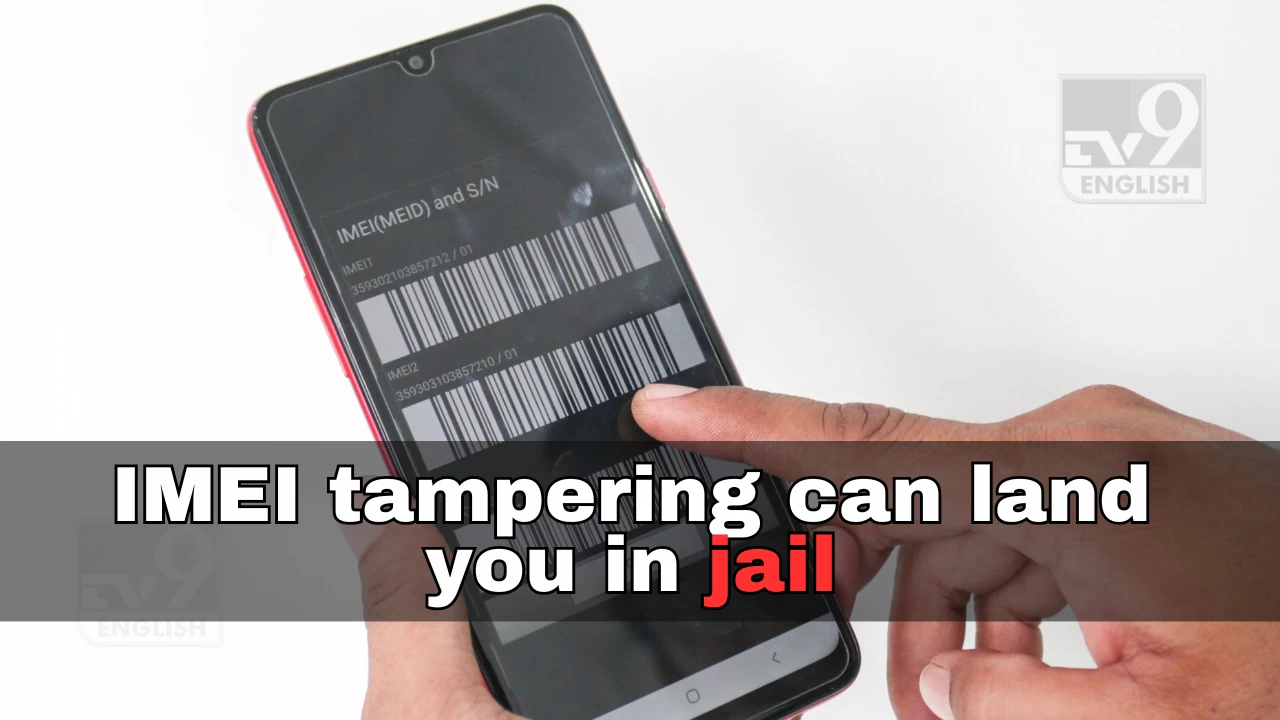

By signing in or creating an account, you agree with Associated Broadcasting Company's Terms & Conditions and Privacy Policy.


By signing in or creating an account, you agree with Associated Broadcasting Company's Terms & Conditions and Privacy Policy.

The Department of Telecommunications has issued a fresh warning to citizens about the growing misuse of IMEI numbers and other telecom identifiers across the country. With more people buying smartphones every year and mobile connectivity expanding at a rapid pace, the government said tampering with IMEI numbers has become a serious threat to user safety and network integrity. The reminder arrives with stricter penalties now written into the Telecommunications Act, 2023.
We often hear about phones used in cyber fraud being traced back to fake identities or cloned IMEIs. Many people do not realise how easily a tampered identifier can pull them into legal trouble, even if they had no criminal intent. DoT’s message tries to make that clear before more users unknowingly get caught in such situations.
The Department of Telecommunications said the Telecommunications Act, 2023 contains strict provisions that prohibit altering or using devices with tampered IMEI numbers. As stated in the advisory, Section 42(3)(c) bans tampering with telecommunication identifiers and Section 42(3)(e) bars obtaining SIM cards or identifiers through fraud or impersonation.
Section 42(3)(f) adds that even willful possession of devices like mobile handsets, modems and SIM boxes that use altered identifiers is an offence. Penalties include imprisonment up to three years, fines up to Rs 50 lakh or both. The offences are cognizable and non bailable under Section 42(7). DoT also noted that identical punishment applies to anyone who abets or promotes such crimes under Section 42(6).
The Telecommunications Cyber Security Rules, 2024 add another layer by prohibiting altering IMEIs or using equipment in which IMEIs can be changed.
DoT listed clear actions that citizens must stay away from. These include using devices with tampered IMEI numbers, buying modems or SIM boxes with configurable identifiers and procuring SIM cards using fake documents. Users are also warned not to hand over SIM cards issued in their name to others. The advisory adds that even unintentionally giving a SIM card to someone who later misuses it for cyber fraud could leave the original owner liable.
The department also cautioned against using applications or websites that can modify caller identity information.
To help users stay safe, the government is asking citizens to verify their handset details using the Sanchar Saathi portal or the Sanchar Saathi mobile app. These tools show the brand name, model and manufacturer details tied to the IMEI. The CEIR system on the portal also lets users check if a phone is flagged as lost or stolen.
The government said the Sanchar Saathi initiative offers several services aimed at protecting India’s telecom ecosystem. Users can secure their mobile connections, report suspicious activity and prevent misuse of telecom identifiers.
DoT added that adherence to the new Act and the rules built around it will help reduce telecom fraud and create a safer environment for all mobile users.
Every mobile device carries a unique IMEI number. When criminals change or clone this identifier, it makes devices difficult to trace during cybercrime investigations. This compromises user safety and weakens telecom security. That is why the government has increased surveillance and added stronger penalties.
The advisory comes at a time when cyber fraud cases linked to spoofed numbers, cloned devices and fake SIM cards are rising. Ensuring that users understand the legal and practical risks is now central to the government’s push for a secure telecom environment.












